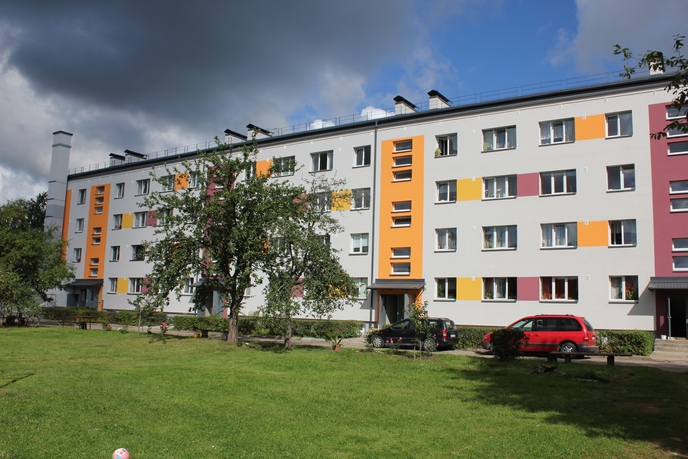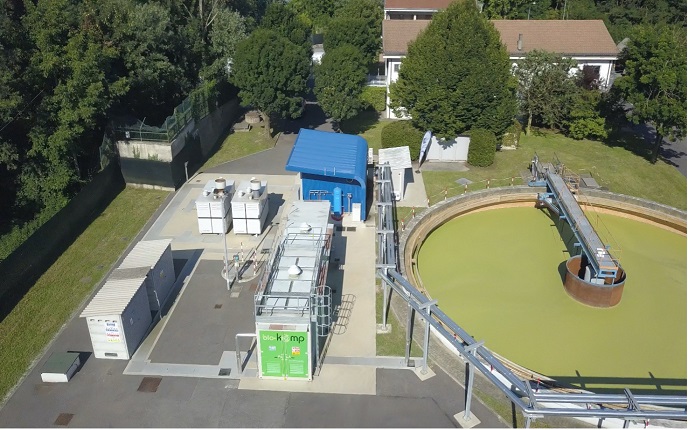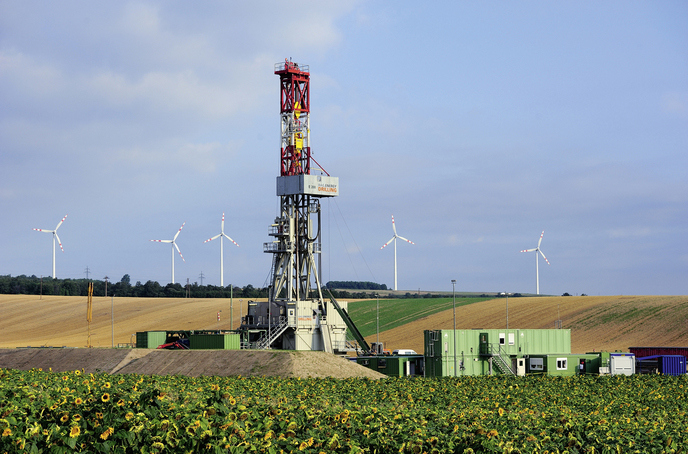Biogas in Italy: From a marginal option to a mainstream energy source
Biogas and its purified version, the biomethane are a source of carbon-neutral energy for electricity generation, heating and transport that is an ally in the decarbonisation of the European economy. Italy has more than 1 500 operational anaerobic digestion plants, highlighting the promising prospects offered by biogas. However, the fragmented landscape amongst main industries, stakeholders and biomass producers coupled with the lack of social awareness of the economic and environmental benefits of biogas means that currently its full potential has not been fully developed. The EU-funded project ISAAC(opens in new window) was established to remove a formidable stack of obstacles and render biogas a mainstream renewable energy source from a boutique alternative in Italy. Project partners identified different types of barriers that hinder market penetration and classified them into social, economic and legislative. Increasing social acceptance “The organisation of participatory processes in two pilot regions interested in implementing biomethane plants was the starting point to build a common decision-making paradigm and prevent social conflicts,” notes Serena Drigo who has been in charge of ISAAC. The participatory processes took place in Andria and Arborea. It involved more than 170 inhabitants in the decision-making process for the establishment of a biomethane plant. The options included using the organic fraction of municipal solid waste and a liquefied biomethane plant utilising cattle manure respectively. The participatory processes also involved members of the municipal council, whereas a Citizens' Jury produced a list of requests and expressed recommendations to the stakeholders of the prospective biomethane plants in the regions. “Furthermore, several visits to biogas plants in other regions were planned to show citizens a real demonstration of biogas production and avoid unfounded rumours by local residents about potential dangers, smells or noise” adds Drigo. Reducing fragmentation ISAAC has also placed strong focus on boosting collaboration between farmers, foresters and other stakeholders. This enabled them to optimise plant size and technical characteristics to reduce costs (both realisation and maintenance ones), transports and space requirements for a biomethane plant. “To help with this, we have designed a new tool that assesses biomass availability and explores the possibility of using several types of residual biomass from farms and food industries. The tool, which is available on the project website, also allowed us to elaborate and provide data on the economic and environmental impact of biogas/biomethane production on the selected regions” notes Drigo. Education and training focus The project has planned training courses tailored to regional and municipal administrations on biogas using substrates from agricultural and urban spheres. A systematic approach was adopted in each topic to provide an exhaustive overview of factors that contribute to the successful implementation of entrepreneurial initiatives. The topics ranged from purely technical information to regulatory and authoritative procedures, which according to the latest guidelines, should always consider the principles of environmental, economic and social sustainability. Project partners have also targeted the young generation by organising an educational tour that involved more than 850 students in seven Italian regions. Besides the use of an anaerobic digestion prototype, a new application called the Buck Bradley Comic Adventure – available on Google Play and Apple Store – aimed to raise awareness amongst young people on biogas and biomethane. It is an interactive video game in the form of comic strips, designed to address in a new and exciting way several topics related to environmental sustainability.







